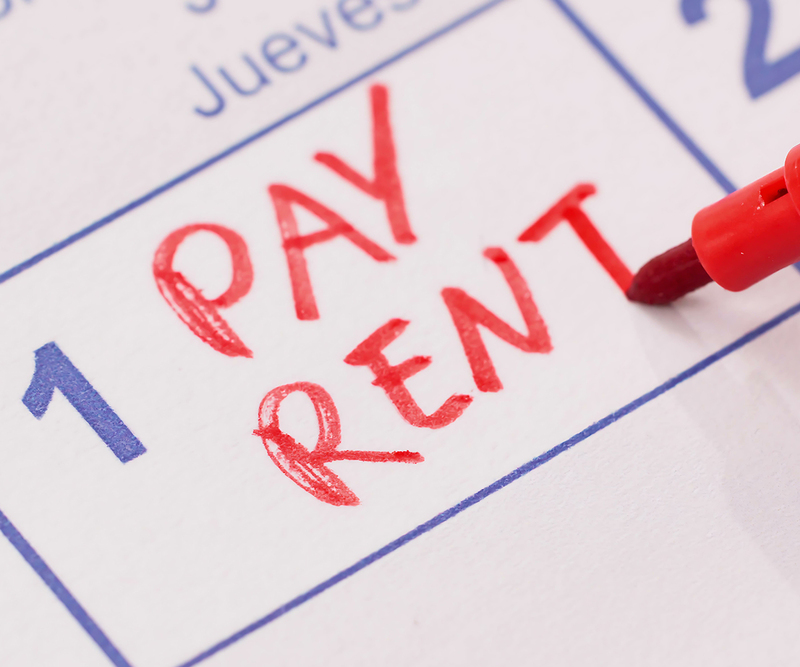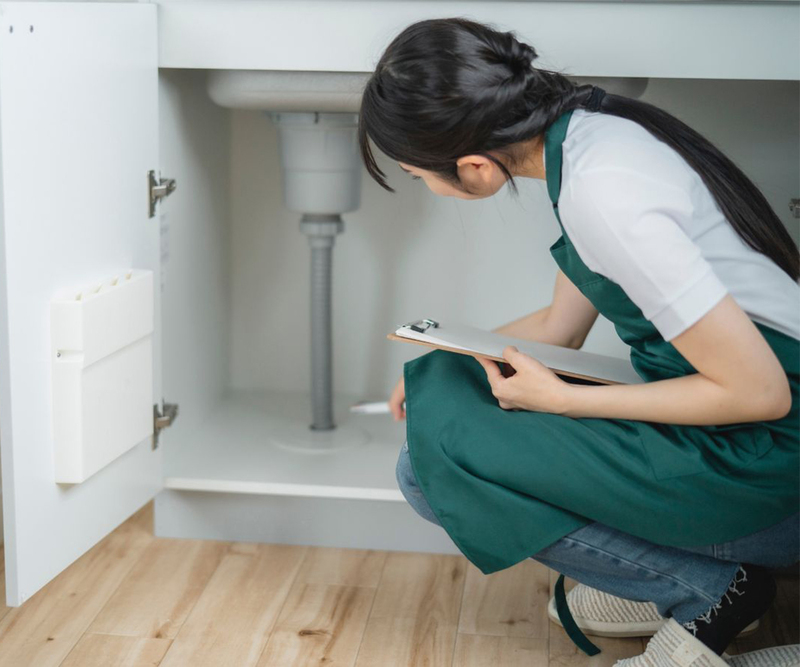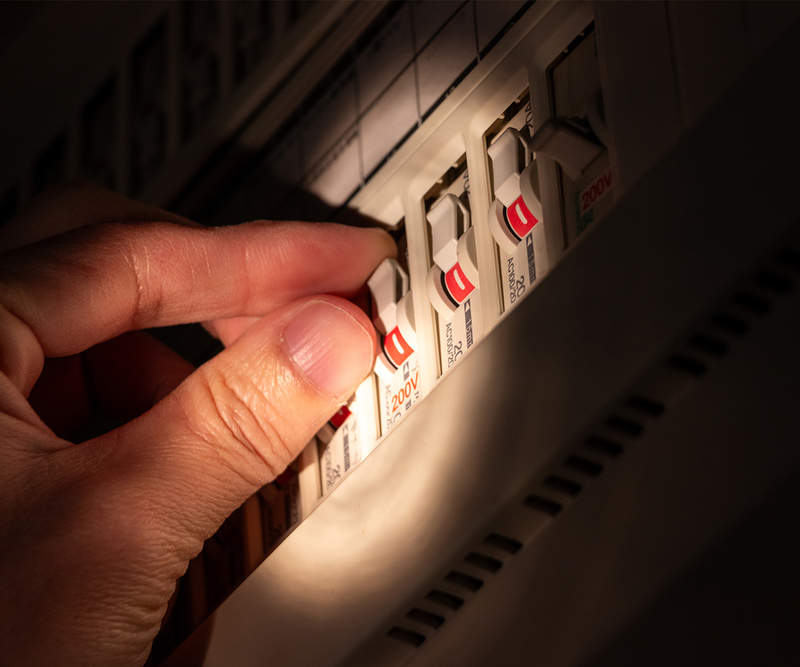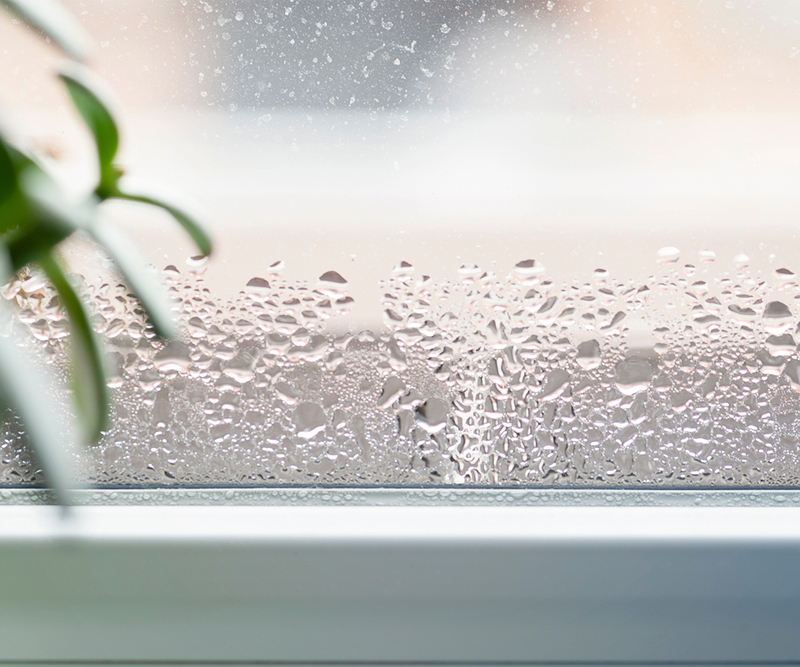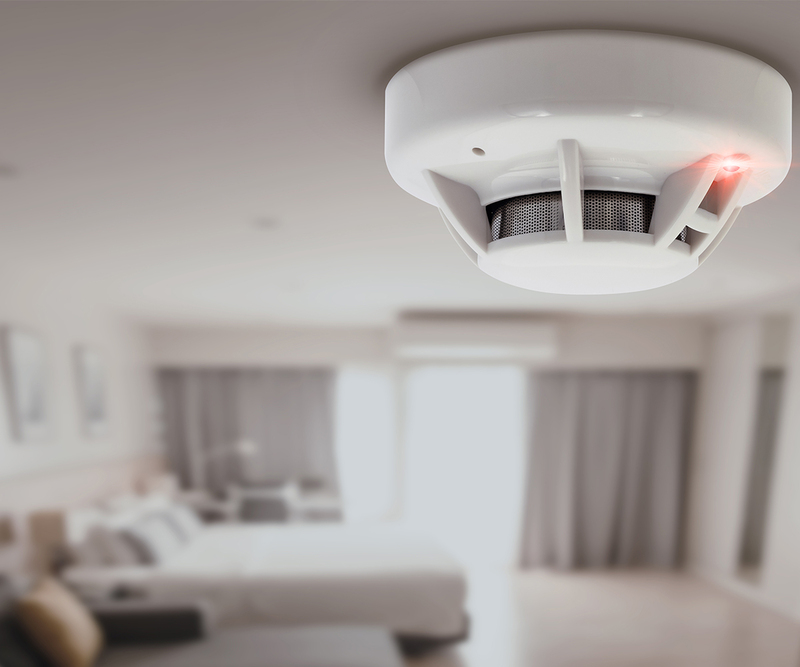Helpful Info for Happy Renting
Tenant Information
Welcome to our Tenant Information Hub – your one-stop resource for everything you need to know during your tenancy. From understanding your responsibilities to handling everyday maintenance and emergency situations, we've put together all the essential information to help make renting with us as easy as possible. Whether you're moving in, settling in, or preparing to move out, you'll find the answers and guidance you need right here.
Tenancy Agreements, Tips & Obligations
Understanding the responsibilities of tenants and property managers under the Residential Tenancies Act 1986 is essential for maintaining a positive and compliant rental experience. By knowing their obligations, tenants and property managers can contribute to a respectful, well-maintained, and harmonious living environment. Below are the key duties of each party in a simplified format.
Click to learn more!In an Emergency
For emergencies during office hours (8:30am - 5pm, Monday - Friday), call 03 474 0056. After hours (until 9pm on weeknights, weekends, and public holidays), call 027 292 9651.
We ask that you always try to contact us first, however if it is after hours and/or you cannot contact us, you are permitted to contact an emergency contractor directly. Should the issue not be deemed an emergency, tenants may be responsible for associated costs.
Click to learn more!Bond & Rent Payments
When renting a property, it’s important to understand your financial responsibilities, including the bond and rent payments. A bond is a security deposit held by Tenancy Services to cover any potential damages or unpaid rent. Rent payments, on the other hand, must be made in advance to ensure your tenancy remains in good standing. This article explains how bonds work, how to make rent payments, and what to expect with rent increases or arrears. By staying informed, you can ensure a smooth and stress-free renting experience.
Click to learn more!Useful Info
Renting a property comes with a range of responsibilities, from looking after chattels and reporting damage to ensuring the property is well-maintained. Keeping up with inspections, noise control, and occupancy rules helps create a smooth tenancy experience. This section covers key aspects like insurance, keys, pets, parking, and utilities, ensuring you’re well-informed about what’s expected. By following these guidelines, you can maintain a positive rental experience while protecting your rights as a tenant.
Click to learn more!Common Issues and Solutions
Sometimes, things can go wrong in a rental property, from power outages to blocked drains. Before contacting your property manager, there are a few simple troubleshooting steps you can take to resolve minor issues. Checking your fuse box, testing appliances, and using home remedies for blockages can often fix the problem quickly. However, if you’ve followed these steps and the issue persists, don’t hesitate to reach out—we’re here to help ensure your home remains comfortable and functional.
Click to learn more!Condensation, Mould and Mildew
Tenants have obligations, as set out in S40 of the Residential Tenancies Act to ensure premises are kept reasonably clean and tidy. This includes keeping it in a condition that does not encourage mould and dampness.
Condensation and mildew in homes are mainly winter problems, but they can occur year-round in some situations. Mould and mildew are common household problems that can affect your health, damage belongings, and even compromise the structure of your home if left untreated.
Click to learn more!Heat Pumps & Smoke Alarms
Keeping your home comfortable and safe requires proper maintenance of essential features like heat pumps and smoke alarms. Heat pumps are an energy-efficient way to manage temperature throughout the year, while smoke alarms play a crucial role in fire safety. Here are some key tips to ensure both are working optimally.
Click to learn more!Rubbish Collection
Keeping Dunedin clean and safe is a shared responsibility, and the Dunedin City Council (DCC) provides an efficient kerbside rubbish and recycling collection service to help residents manage their waste effectively. Here you’ll find everything you need to know about collection schedules, missed collections, bin guidelines, and special services.
Click to learn more!Moving Out & Cleaning
Leaving your rental in great condition is an important part of moving out—but keeping up with regular cleaning throughout your tenancy makes it so much easier! This checklist is here to help you make sure every nook and cranny is up to standard when it’s time to hand back the keys. A little effort along the way saves time and stress later, ensuring you leave your home sparkling and ready for the next tenants.
Click to learn more!Frequently Asked Questions
Below are some frequently asked questions. If you have any additional questions, please don’t hesitate to get in touch.
What fees do I pay to Edinburgh Realty?
If you change a tenant part way through your tenancy (one tenant leaves and another person enters the tenancy) the outgoing tenant will be charged a Tenancy Assignment Fee.
What payments do I need to make before I move in?
You need to pay a bond and one weeks rent in advance.
How much is the bond?
Your bond is equivalent to four weeks rent. This is held in trust by Tenancy Services, which is part of the Ministry of Business, Innovation and Employment.
When do I get my bond back?
At the end of your tenancy – assuming your landlord has not made any claims – your bond is returned in full. However, if there is damage, rent owing or cleaning required, the landlord may make a claim against your bond. You are however able to dispute this, via the Tenancy Tribunal, if you feel your landlord has been unfair.
What types of tenancies are there?
There are both Periodic and Fixed Term Tenancies. Periodic Tenancies have a start date and no end date and can be terminated by either party giving the required notice. Fixed Term Tenancies have a start date and an end date and cannot be terminated before the end date stated on the Tenancy Agreement, unless agreement is reached between both parties.
What if I want to end my tenancy?
If you are in a fixed-term tenancy agreement, neither you nor landlord can terminate it, unless by mutual agreement. If you are in a periodic tenancy agreement, it can be ended by either party giving notice. In the case of the tenant, you need to give 21-days written notice. In the case of the landlord, they need to give you 42-days written notice if the property has been sold or if it is needed by a member of the landlord’s family. If the landlord is ending the tenancy for any other reason, they must give 90-days written notice.
Can my rent go up during my tenancy?
Yes. However, it cannot be increased within 360 days of the start date of the tenancy agreement or within 360 days of any previous rent increase. The landlord must give you 60-days notice before they implement any increase.
The oven isn't working. What can I do?
Talk to Tapi - our 24/7 service that guides you through your maintenance issue and logs a maintenance request if necessary. This is the most efficient way of resolving your maintenance or repair issue. More often than not, the oven has been inadvertently set to “automatic” mode. Ovens’ dials vary, but there will be a “hand” icon or something equivalent indicating “manual” mode – this is what you want your oven to be set to.
Non-working ovens can also be a blown fuse (look at the switches in the fuse box and re-set). Or has the oven been accidently turned off at the wall by someone else?
If your issue requires further attention your job will be logged via Tapi and someone will be in touch regarding repairs or maintenance as soon as possible. You will find Tapi under our 'Rent - Maintenance Request' tab .
What do I do if my drain is blocked?
If it’s a major blockage, talk to Tapi - our 24/7 service that guides you through your maintenance issue and logs a maintenance request if necessary. This is the most efficient way of resolving your maintenance or repair issue. If it’s a case of a slow-draining kitchen sink, try pouring boiling hot water down the plug hole. This is often enough to dislodge the blockage.
There are also commercial products available that can deal with clearing partially blocked pipes.
If your issue requires further attention your job will be logged via Tapi and someone will be in touch regarding repairs or maintenance as soon as possible. You will find Tapi under our 'Rent - Maintenance Request' tab.
Why is there no hot water?
It may be switched off – particularly if your tenancy is new and the property has been unoccupied for a period. If you are brand new to the house, have you arranged an electricity provider? If not, that will explain it.
If it’s gas hot water, check the gas bottles have gas in them (a wee push of the cylinder will tell you if they are full and heavy, or light and empty). If they are empty, call you gas provider to arrange a re-fill.
If you have tried the above and you still have no hot water, talk to Tapi - our 24/7 service that guides you through your maintenance issue and logs a maintenance request if necessary. If your issue requires further attention your job will be logged via Tapi and someone will be in touch regarding repairs or maintenance as soon as possible. You will find Tapi under our 'Rent - Maintenance Request' tab.
There is no power at all. What do I do?
If you’ve just moved in, check that you’ve arranged an electricity provider. If your power has stopped unexpectedly, contact your electricity provider. It may be that there is a fault affecting several houses in your street.



